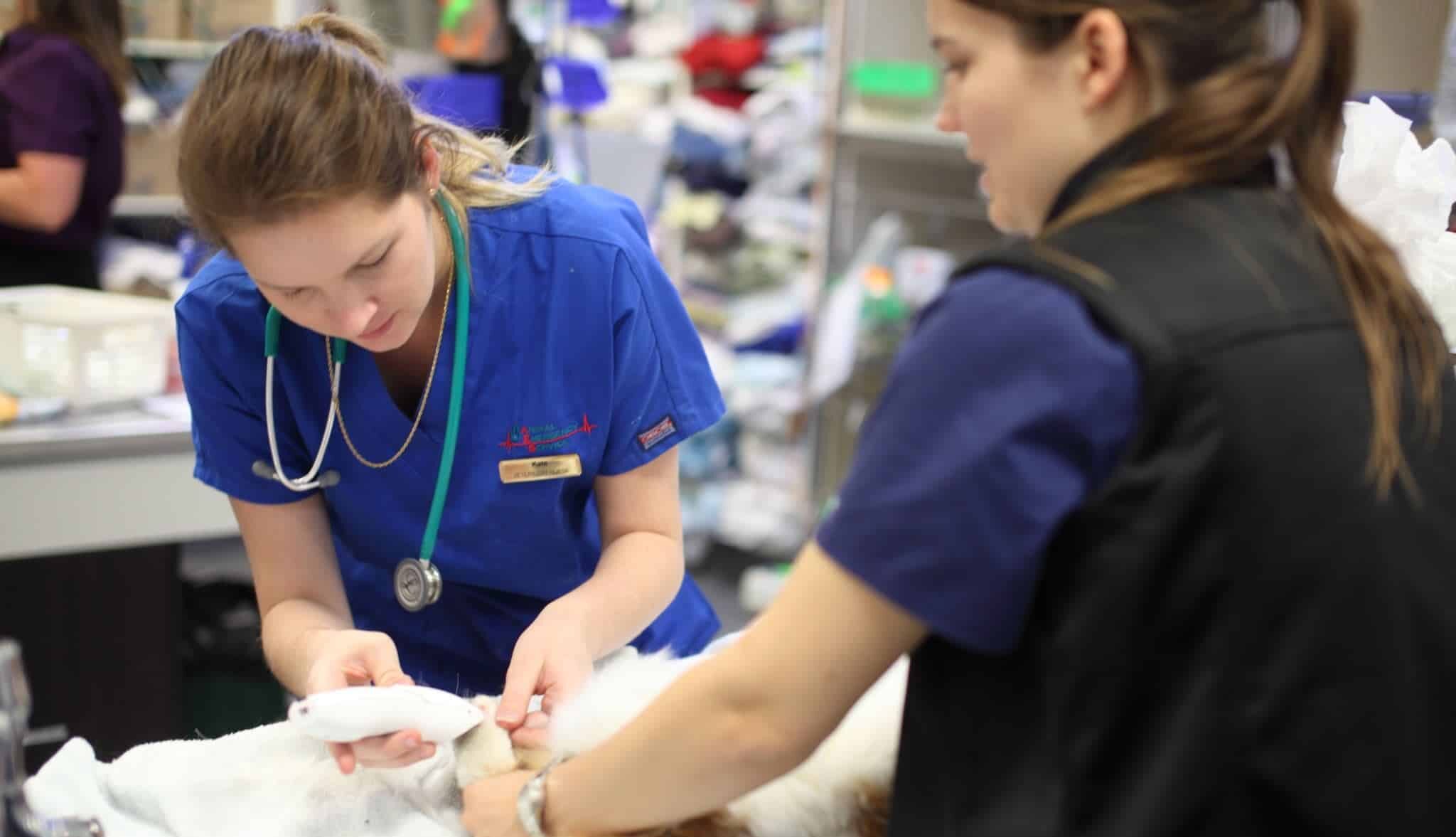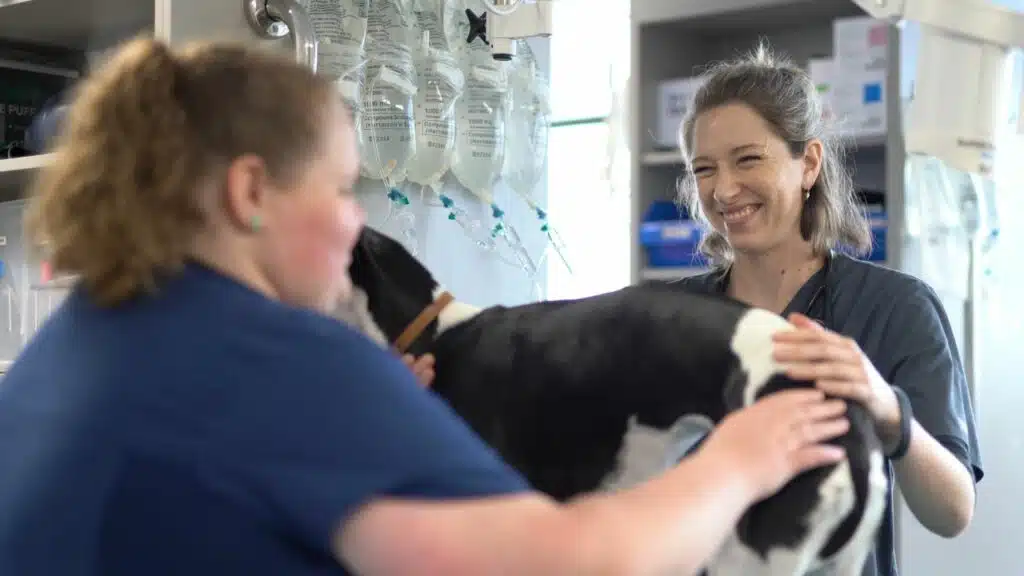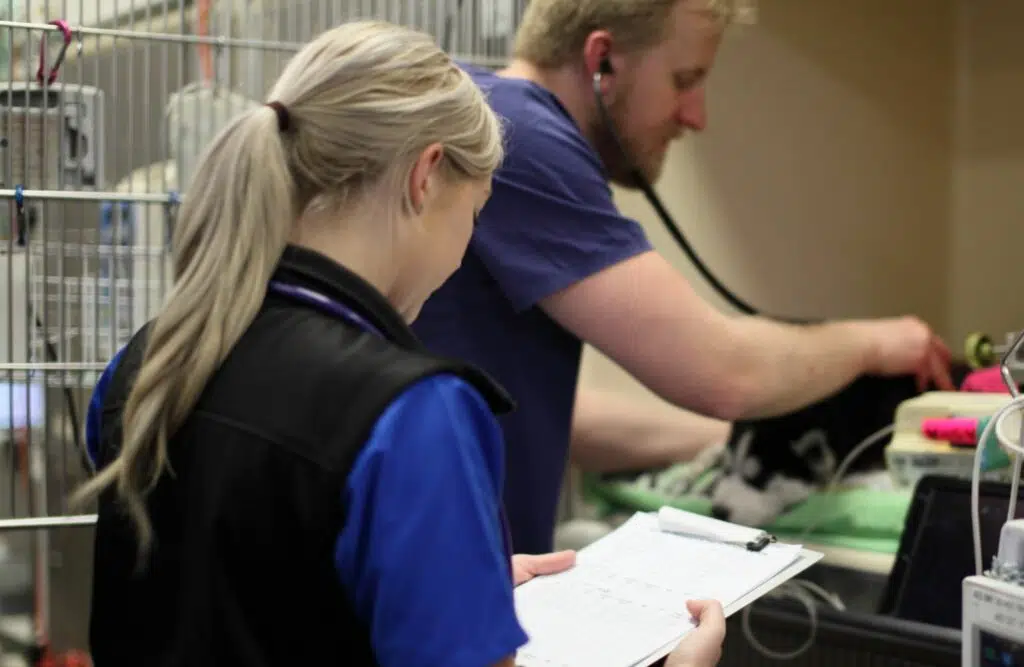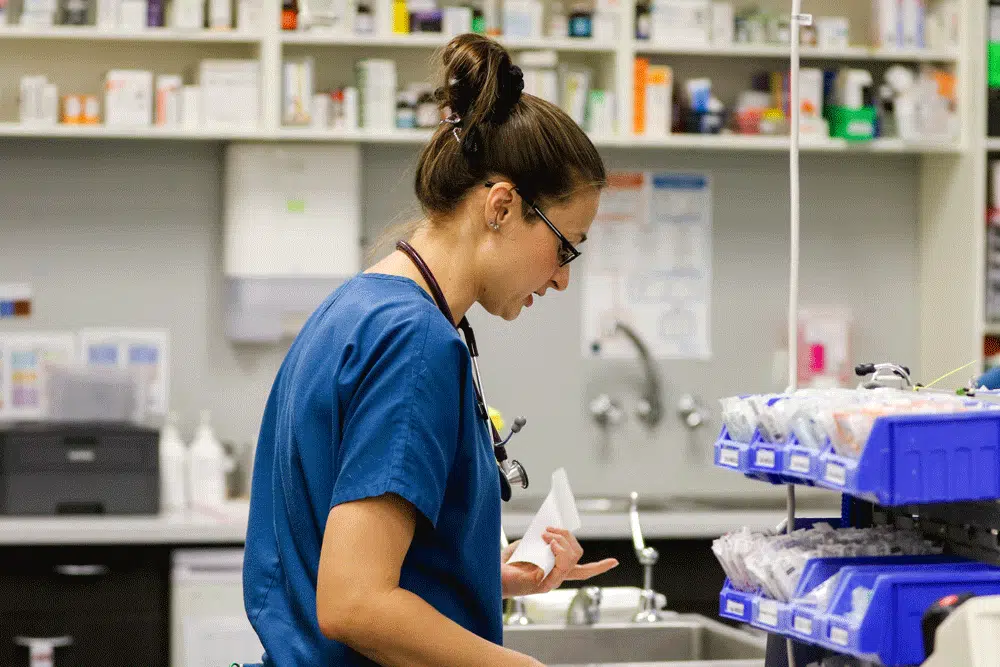In our previous articles on veterinary mentorship, we’ve discussed the most vital aspects of establishing a successful veterinary mentor relationship. From preparing yourself, setting clear expectations, through to how to best approach and ask your prospective mentor, there’s a lot to consider. One way to maximise your chances of success in a valuable mentorship program is to consider pursuing a veterinary graduate program.
These programs are often tailored towards veterinary students or recent graduates who crave mentorship the most, and are looking for a strong foundation for the start of their veterinary career. Through hands-on guided teaching, clinical shadowing, and working shoulder-to-shoulder with more experienced vets, being part of a veterinary graduate program can be the perfect opportunity to find and work alongside a veterinary mentor suited to your needs.
So how do you know if a veterinary grad program is the right fit for you? We’ve put together three important points to help guide you towards a graduate program that will work for you, and get the mentorship that you deserve.
When looking for mentorship through a graduate program, ensure that the following are included:
One Mentor, Not Multiple
A successful and supportive mentorship should connect you with a single mentor that suits your needs. Somebody you can build a genuine connection with, rather than being passed around between multiple senior clinicians. Having one mentor will allow you to build a proper bond, and be able to give/receive feedback far more effectively than trying to do this with multiple different individuals, each of whom have unique communication styles.
Regular Check-Ins
This is especially important for inexperienced vets or recent graduates – ensure that the grad program offers regular check-ins with your mentor. This can be weekly or fortnightly, and should give you time to reflect on your progress both on shift and outside of work.
These check-ins shouldn’t be focused on what you are/aren’t doing on the job. Rather, they should be aimed at making sure you are transitioning ok, answering any questions you have regarding the training resources, and to troubleshoot and help you develop solutions to challenges that come up.
The Ability to Safely Fail
You might have heard of the term “safe fail” – something we discuss in detail during our handy graduate program series. These are circumstances where your mentor puts you in situations or allocates a task to you where it will stretch you. It will push you out of your comfort zone or test your skills and knowledge and through the experience (whether or not you succeed or fail), helping you to learn more rapidly.
An effective mentor will see when there is an opportunity for a “safe fail” – an opportunity to push you out of your comfort zone – as if they are a safety net if things don’t go to plan. Your mentor will prime you as to what to do or say, what steps to take and what to expect, and give you some contingencies to set you up for success. Then it is up to you to step up and give it a go. Being given the opportunity of safe fails is a key sign of excellent mentorship through internship.
These are just three of the key points to ensure are included in a graduate program for you to secure the mentorship that’s right for you. To explore more, check out our detailed series about veterinary grad programs, what to look out for and what to avoid in a grad program, and how to know if a grad program is suitable for you.




